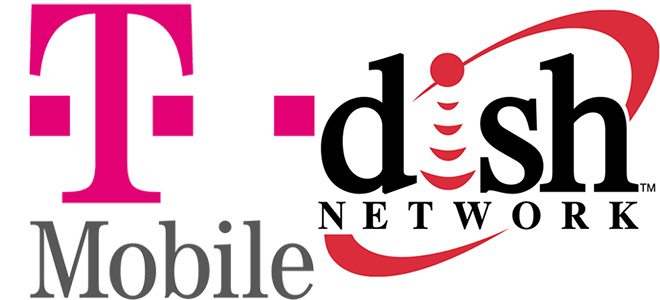T-Mobile US, Dish Network management structure part of discussion
T-Mobile US and Dish Network appear to be following the current consolidation trend in the media and communication industry.
The Wall Street Journal reported that merger talks between the two companies are in the “formative stage” and it is not yet close to a done deal.
However, the two sides have discussed how the management structure at the top would look. They have reportedly agreed that Dish Network CEO, Charlie Ergen, would become chairman of the new combined entity and T-Mobile US CEO, John Legere, would continue his role as CEO.
This is the most recent of many potential mergers for telecom operators looking to expand into TV and broadband markets, with T-Mobile US at risk of becoming the lone single-service provider left in the market.
AT&T is awaiting approval for a $49 billion deal with DirectTV that it hopes will help it become a leading mobile, video and broadband content provider.
Sprint recently absorbed Radio Shack to improve its brick-and-mortar reach across the country and Verizon became a cable provider with the launch of Verizon FiOS.
T-Mobile US has been amping up its campaign to become more competitive with AT&T and Verizon and overtake Sprint to be the third-largest carrier in the United States. T-Mobile has been gaining ground by signing up 1.8 million new subscribers in the first quarter of this year, but that has created a growing need for new spectrum. Dish Network currently has lots of unused spectrum because they have no network, so it seems that the two companies’ assets would nicely complement each other.
This is not the first time Dish Network has tried get into the telecommunications field. In 2013, it bid against SoftBank to acquire Sprint Nextel. Dish also made a failed attempt to buy Clearwire.
There has reportedly been no discussion about a potential purchase price or how the deal will be funded.
T-Mobile US has a market capitalization of $31 billion, while Dish currently stands at $33 billion.
Analyst Kevin Smithen of Macquarie Securities believes the potential merger could free up spectrum for competitors.
According to the FCC, Dish invested in two small companies that were bidders in the recent AWS spectrum auction. Both companies qualified for discounts because their annual revenues qualified them as “designated entities.” The spectrum has gone to Dish, with $14 billion in revenue, which does not qualify as a designated entity. So now the FCC is reportedly considering revoking the group’s bidding credits, which totaled about $3 billion.

